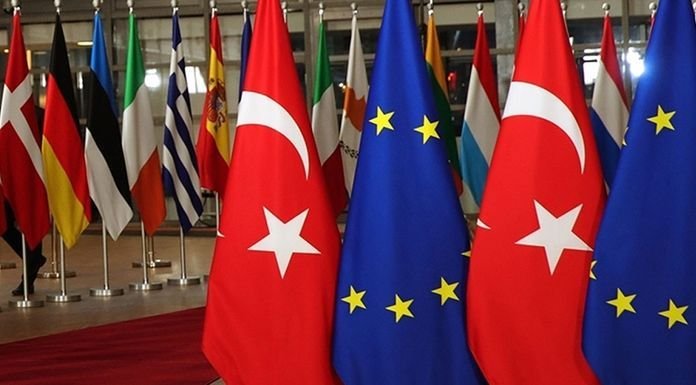Türkiye to Participate in EU Foreign Ministers’ Meeting

Türkiye has been invited to the European Union (EU) Informal Foreign Ministers’ Meeting, known as Gymnich, scheduled to take place in Brussels, Belgium, on August 29.
Turkish Foreign Ministry Spokesperson, Öncü Keçeli, shared details about the event after an AA reporter inquired about reports from EU sources regarding Türkiye’s participation in the discussions on the sidelines of the Gymnich meeting.
Keçeli confirmed that the EU has extended an invitation to Türkiye and that, at this stage, it is anticipated that Foreign Minister Hakan Fidan will travel to Brussels to engage in the talks.
Spokesperson Keçeli highlighted that this invitation is seen as a positive gesture and a “quest for dialogue” by the EU. He stated, “We hope that this step will lead to the amendment of the EU Foreign Affairs Council decisions from July 15, 2019, which have stalled our relations. This invitation also suggests that the EU recognizes the importance of enhancing relations between Türkiye and the EU amidst regional and global challenges.”
This approach should extend beyond the Gymnich meetings:
“To advance our relations, it is crucial that our cooperation and dialogue with the EU in all areas are established consistently and systematically, and strengthened in a sustainable and predictable manner.”
Keçeli also underlined the necessity of taking concrete steps on significant issues such as reviving Türkiye’s EU accession process, initiating negotiations to update the Customs Union, advancing the visa liberalization process, reviving structural dialogue mechanisms, and reactivating high-level dialogues, especially in areas requiring close cooperation such as politics, economy, transportation, and energy.
The Gymnich meetings, to which Türkiye has been invited after a five-year hiatus, are designed to provide an informal environment for EU Foreign Ministers to freely exchange views on current international issues.
These meetings aim to foster the development of common views and strategies among member states by coordinating the EU’s foreign policy and security strategies. They serve as a critical platform for defining and implementing the EU’s common foreign policy goals.







